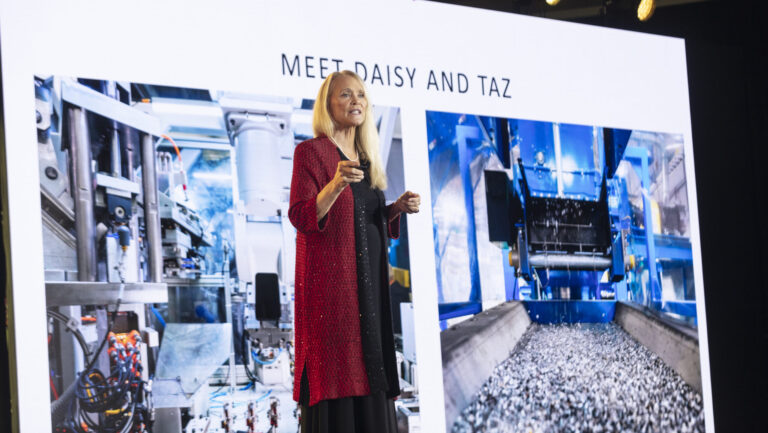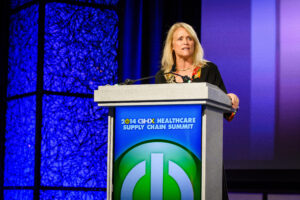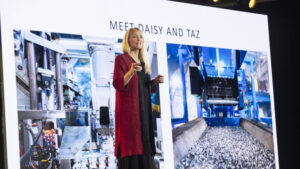Healthcare in the United States is at a crossroads. We face a complex, systemic challenge—a true “wicked problem”—that no single individual, organization, or sector can solve on its own. Yet I firmly believe that when we set aside our individual agendas and unite around a common purpose, we have the power to rewrite the story of healthcare in America.
Embracing Collaboration in a Fragmented System
Imagine a narrative filled with heroes and heroines, passion and conflict—a story where multiple stakeholders come together to tackle a problem that affects every one of us. In healthcare, this means putting aside personal or organizational biases and embracing the strength of community collaboration. We need to care less about protecting individual turf and more about what we can achieve collectively. When doctors, healthcare providers, policymakers, and community leaders unite, the power of shared expertise can pave the way for solutions that none could create alone.
The Heavy Burden of Chronic Disease
Consider the stark reality: chronic diseases such as asthma, diabetes, hypertension, and heart disease are not only leading causes of death and disability—they are also draining our resources. Currently, nearly 90% of healthcare spending goes toward managing these conditions. With estimates suggesting that 60% of Americans already have at least one chronic disease—and that number could rise to 80% in the next 10 to 15 years—the stakes are higher than ever. Each additional chronic condition compounds the risk for patients, escalates costs for our healthcare system, and burdens our national economy.
The problem runs deeper than medical care alone. Chronic diseases disproportionately affect marginalized communities who often face barriers to accessing care, economic instability, and a lack of trust in the system. This creates a vicious cycle: poor health leads to missed work, reduced productivity, mounting medical debt, and, ultimately, further economic decline.
Addressing Social Determinants of Health
To break this cycle, we must look beyond traditional healthcare delivery. The causes of chronic disease are deeply rooted in social determinants—factors like poverty, education, housing, access to nutritious food, and safe neighborhoods. When we invest in these areas, we invest in health. For example, community-based programs that provide training and job opportunities can lift individuals out of poverty, instill self-efficacy, and lead to better health outcomes. Initiatives
like those at Rush University Medical Center, which partnered with its competitors to engage and empower local communities, illustrate how a united approach can yield transformative results.
Innovating for a Sustainable Future
There is also an urgent environmental imperative. Healthcare operations contribute significantly to our nation’s carbon footprint—up to 10% of the total. Hospitals, energy-intensive facilities by nature, and the production of medical devices and pharmaceuticals contribute to climate change. Yet innovation is on the horizon. By rethinking how we use resources and shifting from a linear “make, use, discard” model to a circular economy, we can reduce waste and lower costs. Consider the potential of reprocessed medical devices or the transformative impact of using advanced recycling technologies in hospitals. These initiatives not only help the environment but also enhance efficiency and patient care.
A Call to Action
The path forward is clear: we must care less about defending individual interests and more about harnessing the collective power of our community. Whether it’s through collaborative care models, addressing the social roots of chronic disease, or innovating towards a circular economy, every stakeholder has a role to play. The healthcare challenges we face are formidable, but by working together, we can create a system that is more equitable, efficient, and sustainable.
In the end, we are all patients on the same planet, united by our shared vulnerability and our shared potential for change. It is time to care less about isolated wins and more about the greater good—because by doing so, we can care better for ourselves and for future generations.
Karen Conway






